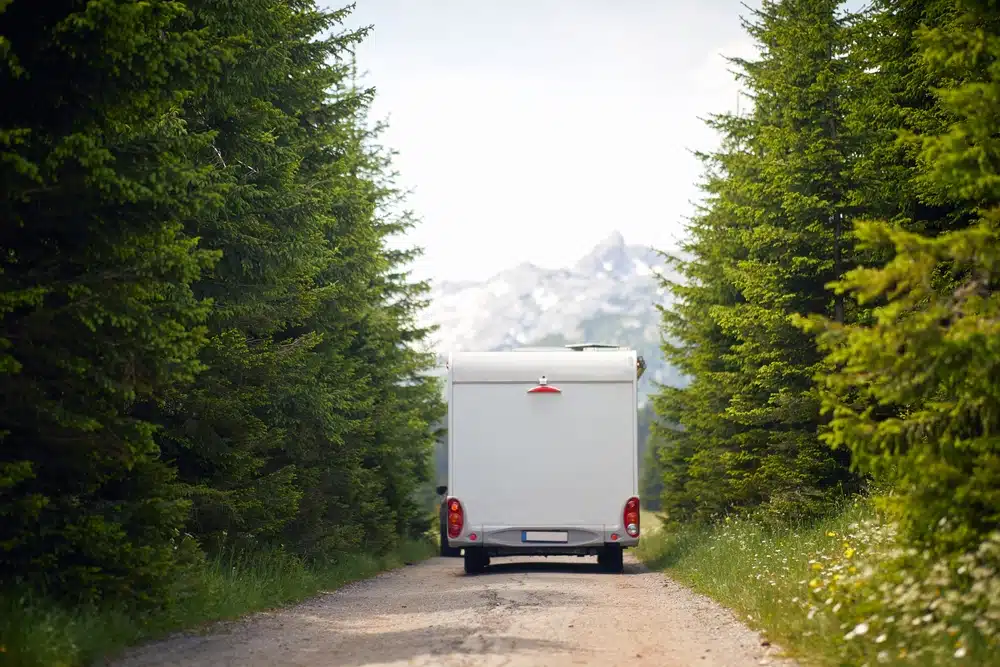The allure of Canada’s vast landscapes, from its majestic mountains to serene lakes, has always been a magnet for travelers. For RVers, in particular, the journey across the border promises an adventure of a lifetime. However, with recent changes in border regulations, it’s essential for American RV drivers to be well-informed before embarking on their Canadian escapade.
According to The US Sun, the COVID-19 pandemic brought unprecedented challenges, leading to the closure of both Canadian and U.S. borders for nearly 20 months.
As the world slowly returns to a semblance of normalcy and borders reopen for non-essential travel, there have been significant updates and enhancements in travel requirements, especially for RVs.
One of the most notable changes pertains to traffic laws and RV regulations. Unlike the U.S., where larger RVs are standard, Canada has specific weight and size limitations for recreational vehicles.
For instance, while the most common maximum weight allowed for a towed trailer in Canada is 9,920 lbs, the maximum width in most provinces is eight feet and five inches. These regulations can vary, with some provinces having their unique rules, making it crucial for travelers to check each province’s towing regulations.
Safety, too, is paramount. Different provinces have their rules regarding lights on RVs, brakes, and other safety measures. A common requirement across many provinces is the need for trailers, especially those weighing over 2000 pounds, to be equipped with safety chains.
While the prospect of navigating these regulations might seem daunting, preparation is the key to a smooth journey. The Canada Border Services Agency (CBSA) offers a plethora of tools and resources to assist travelers in planning their trip across the border.
From understanding the required documents, such as passports for each family member and up-to-date veterinary documents for pets, to knowing what goods you can bring into Canada, being well-prepared can make the border crossing experience seamless.
However, it’s not just about understanding what you can bring; it’s equally important to know what’s prohibited. Items like fresh fruits and vegetables, firewood, fireworks, and certain types of ammunition are not allowed.
Additionally, travelers should be aware that their digital devices, like smartphones and laptops, might be subject to examination by CBSA officers at the border, as mentioned by Progressive.
For those planning extended stays or full-time RVers with no clear return plans, it’s essential to provide details of the trip. Officials might want to know your travel itinerary, sights you plan on seeing, and the provinces you’ll be visiting. Moreover, if your travels exceed 180 days, you’ll need a travel visa.
Lastly, while regulations and requirements are crucial, the spirit of travel lies in exploration and discovery. As you prepare for your journey, remember to embrace the diverse culture, scenic beauty, and rich history that Canada offers. Whether you’re marveling at the Northern Lights in Yukon or exploring the vibrant streets of Toronto, the Canadian adventure promises memories that will last a lifetime.
Traveling with an RV across the Canadian border is an experience like no other. While the journey requires preparation and adherence to regulations, the rewards are immeasurable. So, gear up, stay informed, and embark on a Canadian escapade that promises unparalleled beauty and adventure. Safe travels!


